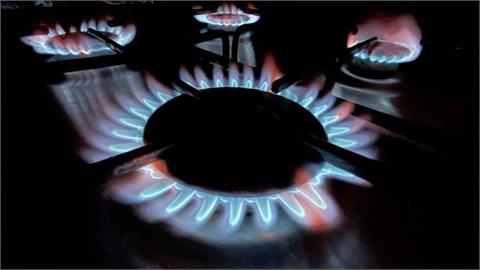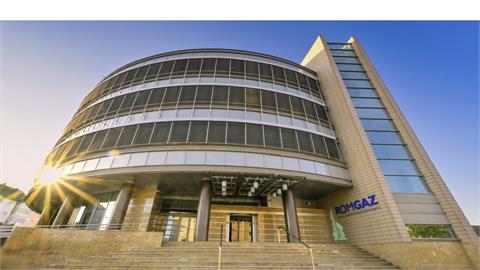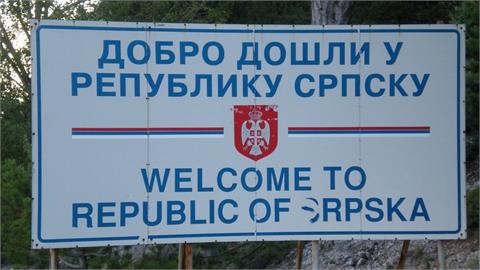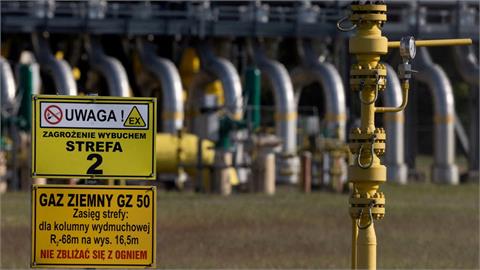The number of countries committing to a US and EU-led initiative, the Global Methane Pledge, to cut methane emissions by 30% by 2030 reached over 100 on the second day of the official opening of the leaders' summit of the 26th session of the Conference of the Parties (COP26) to the United Nations Framework Convention on Climate Change.
This pledge is the first major international deal promising to slash methane emissions by 30% by 2030 from 2020 levels.
The countries that signed up to the pledge include 15 of the world's top 30 methane emitters: the United States, EU, Indonesia, Pakistan, Argentina, Mexico, Nigeria, Iraq, Vietnam, Canada and Brazil.
The UN describes methane as the fastest lever available for slowing planetary warming. It is one of the most potent greenhouse gases that has led to a 30% global temperature rise to date. The oil and gas, and agricultural sectors are mainly responsible for global methane emissions.
Compared to carbon dioxide, methane traps 84 times more heat on a 20-year timescale.
Human activity causes over half of global methane emissions. Agriculture is the largest source of methane at 40%, closely followed by the energy sector at 35% and waste at 20%.
While livestock production is responsible for almost a third of agricultural emissions, leaks across the oil and gas supply chain have grown to a quarter of fossil fuel emissions.
If countries succeed in reducing emissions, it would reduce global warming by at least 0.2°C by 2050, which is crucial in keeping the 1.5°C warming target within reach.
The United States Special Presidential Envoy for Climate, John Kerry, during his speech at the launch of the Global Methane Pledge, commended the more than 100 countries for their participation towards achieving the goal of lowering global warming.
'The US and EU are proud to announce over 100 participating countries and over $300M in financial support for Global Methane Pledge, formally launched today,' he said.
During his speech at the launch, Fatih Birol, the head of the International Energy Agency, hailed the Global Methane Pledge as a 'historic moment' for the world to reach net zero emissions.
'If we fulfill this pledge over the next 10 years, the impact is like switching all the cars around the world, all the trucks around the world, all the planes around the world and all the ships around the world to zero emissions technology,' he stated.
-The Global Methane Pledge
By October, 30 countries had committed to the methane pledge with the notable exemption of four of the biggest methane emitters; China, India, Russia and Australia.
According to the United Nations Environment Programme (UNEP), methane emissions need to be cut by 45% by 2030 to avoid 0.3°C of planetary warming and keep the world on track with the 1.5°C target.
The countries currently committing to the methane pledge account for 46% of the global methane emissions and at least 60% of the global GDP.
With the official launch of the Global Methane Pledge, environmental groups say the pledge is a missed opportunity to cut emissions from agriculture, the largest source of methane from human activity, with the pledge merely focusing on technical fixes, such as animal feed supplements instead of the meat and dairy sector.
'It is encouraging that governments have promised to act on methane, but disappointing that they are ignoring the biggest polluters: the meat and dairy industry,' Nusa Urbancic, the campaigns director at the Changing Markets Foundation, said.
'This is not about individual farmers, but about regulating an industry dominated by a handful of multi-billion-dollar companies that are doing next to nothing to cut their methane emissions. Big Meat is no different to Big Oil and governments should not be giving them a free pass on climate action,' Urbancic said.
The groups criticized the pledge that includes only one mention of coal as many of the countries are responsible for major methane emissions from coal mines.
According to an analysis of London-based think-tank Ember, the short-term climate impact of coal mine methane leaks is larger than the EU's entire CO2 emissions.
'Coal mine methane super-emitters need to take the first step and admit the scale of the problem,' Ember's global lead Dave Jones said.
Ember's methane analyst Anatoli Smirnov noted that coal is 'dirtier than you think'.
'We used to only consider the impact of burning coal, but these methane leaks show that coal is harming us before mining begins and long after it ends,' he said.
The Global Methane Pledge was launched under the Glasgow Breakthrough Agenda at COP26.
The UK government is leading the agenda with the participation of 40 countries around the world to scale up and roll out climate policies in key sectors like steel, hydrogen, power and transport.
(Anadolu Agency, November 2, 2021)



